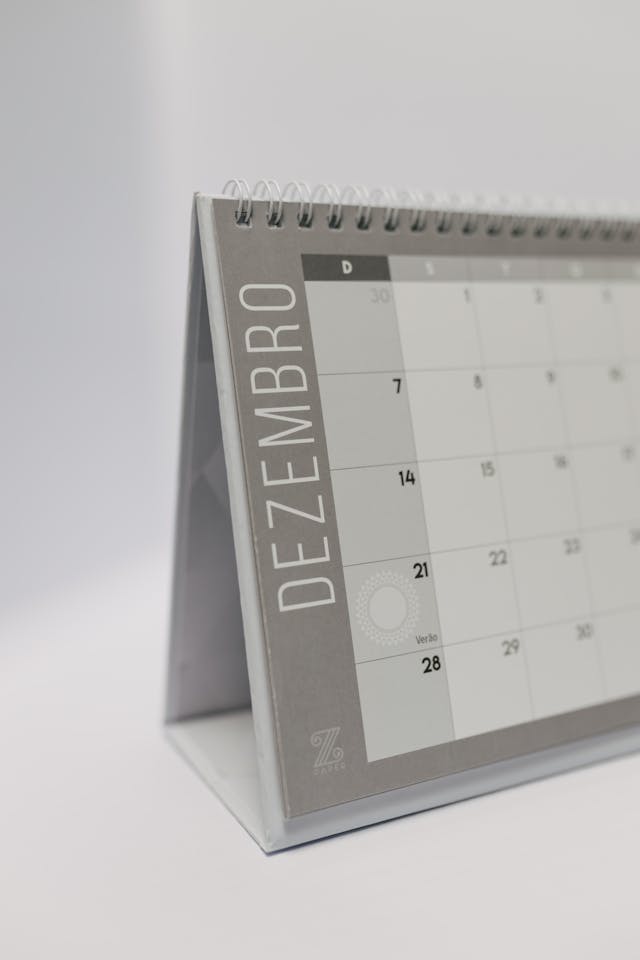Have you ever wondered where you could be 12 weeks from today? Whether it’s for personal growth, a career goal, or a health journey, 12 weeks is enough time to create real change. The secret lies in setting clear goals, making a plan, and staying consistent.
In this article, we’ll explore how you can use this 12-week period to achieve your dreams. Plus, we’ll answer common questions and offer practical tips to keep you on track.
Table of Contents
Why Focus on 12 Weeks from Today?
The next 12 weeks give you a manageable timeframe to work on your goals without feeling overwhelmed. This method is often called “12-week planning.” Unlike traditional year-long goals, 12 weeks allow you to focus your energy and track your progress faster.
Here’s why 12 weeks works so well:
- It’s long enough to see results: Whether you’re saving money, losing weight, or learning a skill, 12 weeks lets you measure progress.
- It keeps you motivated: A shorter time frame feels urgent and helps you avoid procrastination.
- It’s flexible: Even if something doesn’t go as planned, you can adjust without losing a full year.
Step 1: Visualize Where You Want to Be in 12 Weeks
Take a moment to think about where you want to be it. Maybe you want to lose 10 pounds, save $1,000, or finish reading a book. Whatever your goal, write it down.
SMART Goals
When setting goals, use the SMART framework:
- Specific: Be clear about what you want. For example, instead of “Get fit,” try “Exercise for 30 minutes, five days a week.”
- Measurable: Track your progress with numbers or milestones.
- Achievable: Make sure your goal is realistic.
- Relevant: Focus on something meaningful to you.
- Time-bound: Give yourself a deadline—in this case, 12 weeks!
Step 2: Break Down Your Goal
Big goals can feel overwhelming, so break them into smaller steps. For example, if you want to save $1,000 in 12 weeks:
- Calculate how much to save weekly ($83.33).
- Identify unnecessary expenses you can cut.
- Open a savings account for this purpose.
- Breaking down your goal makes it easier to stay on track.
Step 3: Create a Weekly Plan
A weekly plan helps you stay organized. Here’s how to set one up:
- Write down weekly milestones: For example, if your goal is weight loss, your first milestone could be losing one pound in Week 1.
- Schedule time for action steps: Put workouts, study sessions, or savings updates on your calendar.
- Review your progress weekly: Take 15 minutes at the end of each week to check if you’re on track.
Step 4: Stay Motivated
Staying motivated for 12 weeks can be challenging, but here are some tips to keep going:
- Reward yourself: Celebrate small wins, like sticking to your plan for the first week.
- Find an accountability partner: Share your goal with a friend or family member.
- Track your progress: Use a journal, app, or chart to see how far you’ve come.
Ideas for Goals
Here are some ideas for goals you can achieve:
- Personal Growth
- Start meditating daily.
- Read three new books.
- Practice gratitude journaling.
- Health and Fitness
- Lose 10-15 pounds.
- Complete a 5K run.
- Improve your flexibility with yoga.
- Career
- Finish an online course.
- Update your resume and apply for jobs.
- Start a side hustle.
- Financial Goals
- Save $1,000.
- Pay off a credit card.
- Create a monthly budget.

FAQs
What’s the best way to start a 12-week plan?
Start by setting a clear goal and breaking it into weekly tasks. Use tools like calendars or apps to stay organized.
Can I achieve big goals in just 12 weeks?
Yes! While some goals may need more time, 12 weeks is perfect for significant progress. Focus on actions you can control.
How do I stay motivated if I feel stuck?
If you feel stuck, revisit your “why.” Remind yourself of the reasons behind your goal. Adjust your plan if needed and celebrate small wins.
Are there any tools to help with 12-week planning?
Yes, tools like Google Calendar, Notion, or apps like Todoist can help. Planners designed for 12-week goals, like “The 12 Week Year,” are also great resources.
Conclusion
12 weeks from today, you can be closer to your dreams if you start now. With clear goals, a solid plan, and consistent effort, you’ll see real results. Remember, it’s about progress, not perfection. So, take the first step today, and your future self will thank you.
For more tips on goal-setting and productivity, check out resources like Mind Tools.
Let’s make the next 12 weeks count!
